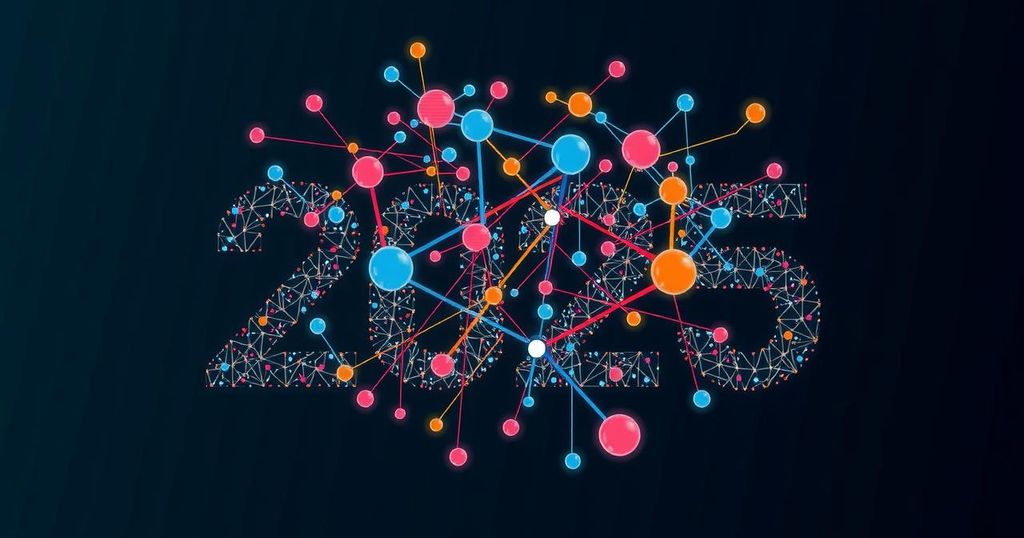Five Generative AI Trends to Anticipate in 2025
The trajectory of generative AI heading into 2025 highlights key trends: a rise in AI agents for task automation, a dual impact on cybersecurity, businesses focusing on ROI measurements, advancements in scientific research through AI collaboration, and awareness of environmental consequences from AI-driven processes.
As we step into 2025, generative AI is poised to dominate technological conversations. Recent accolades, including Nobel Prizes awarded for contributions to AI, coupled with enthusiastic tech advancements, signify its meteoric rise. Key predictions center around the surge in AI agents capable of handling complex tasks, the dual-edged role AI will play in cybersecurity, businesses demanding demonstrable ROI, AI revolutionizing scientific discovery, and the environmental implications of AI technology overshadowing its benefits.
AI agents, an evolution from current AI copilots, are expected to emerge as buzzworthy tools, autonomously connecting applications and executing multifaceted instructions. Meanwhile, cybersecurity will witness both enhancement and peril; AI tools for threat detection may present inaccuracies, compelling professionals to scrutinize their outputs vigilantly. As Uzi Dvir captures, there’s a pivotal shift towards demonstrating measurable returns on AI investments, prompting organizations to assess the true value of generative AI in their operations.
Simultaneously, in the scientific realm, AI has already reshaped foundational research, evidenced by recent Nobel Prize winners leveraging AI in their breakthroughs. However, as businesses spotlight AI’s potential to drive sustainability, the environmental cost of energy-hungry data centers looms large, challenging the narrative of AI as a green solution. Thus, 2025 stands as a year of scrutiny, innovation, and recalibration in generative AI’s trajectory.
The foundations of generative AI have seen extraordinary advancements recently, highlighted by significant recognitions like Nobel Prizes and extensive investments from major tech firms. In 2024, the momentum behind AI technology surged as enterprises explored its potential across various spheres, grappling with its implications for productivity, security, and environmental responsibility. As we approach 2025, experts anticipate defining trends that will shape the landscape for businesses and consumers alike, prompting critical evaluations of AI’s role in the future.
In summary, the landscape for generative AI in 2025 is marked by a blend of opportunities and challenges. With AI agents set to redefine operational capabilities and the cybersecurity landscape adapting to both aid and threat, the imperative to demonstrate ROI for AI investments will intensify. Scientific research will continue to thrive on AI innovations, although the environmental cost associated with AI technologies begs further consideration. As one chapter closes, another opens, demanding a balanced approach to harness the full spectrum of generative AI’s potential.
Original Source: www.techrepublic.com




Post Comment